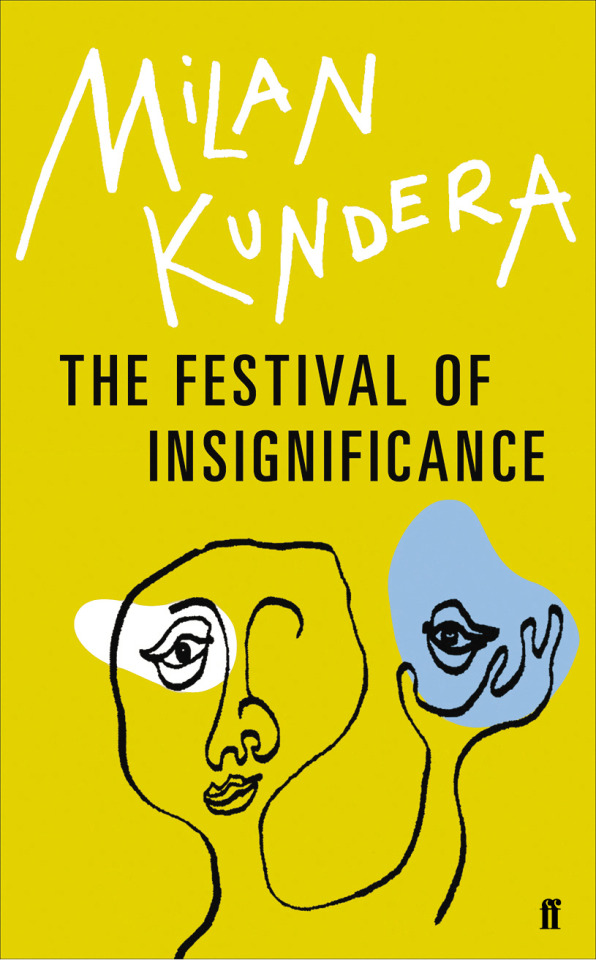#neoexistentialist
Explore tagged Tumblr posts
Text
We don’t matter and that’s okay.

Milan Kundera’s most recent book, ‘The festival of insignificance’ (2013) is my personal introduction to this highly politicized French-Czech novelist, and has been a very inviting neo-existentialist work that laughs at its own pointlessness. Kundera, being the humorous and sardonic author behind works like ‘The joke,’ ‘Life is elsewhere,’ and ‘Ignorance’ has been boldly exploring themes of exile, identity, history, and appreciation for the less significant life. In consideration of this latest novel, these philosophies are perfectly presented as we go through the story of people’s characters and behaviors in organizing and participating in a cocktail party, seeing a pregnant woman avoiding suicide through the death of someone else, and stories of Stalin’s cheekiness and exploits amongst his Soviet official comrades. Despite the differences between these three stories, they merge splendidly, as they reflect on all the characters and also relate back to the very purpose of the book - the world is so large and clashing, with all its differences, but in the end, no individual really matters. Stalin is a tease who makes the Russian prime minister Kalinin piss himself in front of this horrifying dictator, a mother who never wanted a child escapes their deaths by killing someone else, and this very child grows up to be something she hates: an ‘apologizer.’ However, even in the very difficulty of describing how this book works so well, it is clearly enjoyable and an easy read through its well structured flow. Thus, if one was to consider Kundera’s latest book one reflecting his philosophy, it is easy to see the immense interest in these subjects. The very use of such a conglomeration of elite powers in one decorated bathroom, screaming about Stalin’s lies for killing twenty four partridges with the man himself listening outside is indescribably abstract while at the same time fascinatingly curious for example. Kundera uses these ridiculous figures who control the Soviet Union and yet, they just all seem so pathetic, which perfectly fits into the idea of ‘insignificant’ man, and the colossal, official identity the public sees in contrast to these oblivious, thick headed personalities which the readers see, performing almost deliberately like idiots. In comparison, ideas such as exile and dejection are formed so well in the narrative between one of the main characters Alain and his mother, the woman who originally intended on suicide. Through the example of Alain’s abandoned mother, we experience his self blame, self pity and self shame, projected as if the feelings of his mother watching Alain live. Conversing with his mother does not only inspire feelings of a projected missing figure, or sympathy for Alain, it also importantly underlines the very feeling of exile, or rejection, from someone so important that it becomes rejection and dis-contempt to oneself. As a result, this book explores a philosophy and phenomenon I will be happy to pursue, and will in future definitely return to. Milan Kundera has been an incredibly humorous, somewhat apathetic writer, who has created such figures that show the very meaningless of existence, while still seeing it as something worthwhile... At least, this is how I perceived it.
#kundera#milan kundera#festival of insignificance#books#good reads#Stalin#soviet history#khrushchev#existentialism#neoexistentialist#exile#history
0 notes